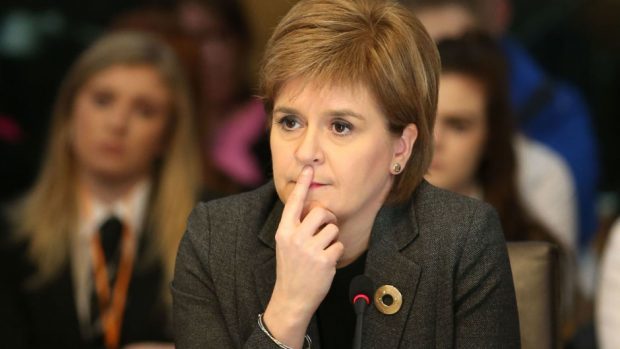Both the Scottish and Welsh Governments are to be allowed to intervene in a court battle over how the Brexit process should be formally triggered, the Supreme Court has announced.
The UK Government is appealing against a High Court ruling that Prime Minister Theresa May must seek MPs’ approval to trigger the process of taking Britain out of the European Union.
Counsel for the Scottish Government is being invited by the Supreme Court justices to address the court on the relevance of points of Scots law so far as they do not form part of the law of England and Wales.
The Independent Workers Union of Great Britain, which describes itself as “fighting for the rights and welfare of some of the most vulnerable and under-represented workers in the UK”, has also been given permission to make submissions to the court.
The Attorney General for Northern Ireland has made a reference to the court on devolution issues and did not need permission to intervene.
The historic legal challenge over Brexit was brought by investment fund manager and philanthropist Gina Miller and Deir Dos Santos, a hairdresser, with other “concerned citizens”.
Three senior High Court judges ruled that the Prime Minister does not have power to use the royal prerogative to trigger Article 50 of the Lisbon Treaty to start the two-year process of negotiating Brexit without the prior authority of Parliament.
Mrs May and her ministers are now asking the Supreme Court to overturn that unanimous decision.
Their appeal is due to be heard by 11 judges between December 5 and 8, with a judgment expected in the new year.
